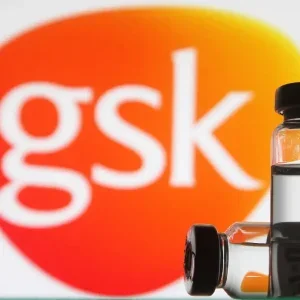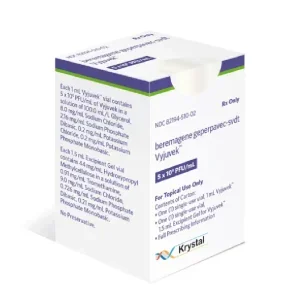Novartis has agreed to resolve a civil suit challenging speaker programmes and other promotional events it has conducted from 2002 through 2011 in the US.
The company has settled with the US Attorney’s Office for the Southern District of New York, the New York State Attorney General, and relator Oswald Bilotta to pay $678m.
Also, the pharmaceutical firm will pay $51.25m and agreed to maintain corporate integrity obligations with the Office of Inspector General (OIG) of the US Department of Health & Human Services, which would address the delivery of company’s peer-to-peer programmes in the US.
Novartis CEO Vas Narasimhan said: “Today’s settlements are consistent with Novartis commitment to resolve and learn from legacy compliance matters.
“We are a different company today, with new leadership, a stronger culture, and a more comprehensive commitment to ethics embedded at the heart of our company.
“I have been clear that I never want us to achieve commercial success at the expense of our values, our values must always come first and are the foundation of everything we do.
“With these agreements, we mark an important milestone on our journey to build trust with society as we continue reimagining medicine to improve and extend lives all around the world.”
Former Novartis employee Oswald Bilotta has reported against the company’s conduct
Oswald Bilotta, a former Novartis sales representative from Long Island, New York, has identified and reported alleged unethical and illegal conduct by Novartis, through an original whistleblower complaint filed in January 2011.
Bilotta is represented by McEldrew Young Purtell, Attorneys-at-Law, and Shepherd, Finkelman, Miller & Shah in the United States District Court for the Southern District of New York.
Whistleblower Bilotta alleged that the Cardiovascular Diseases (CV) division of Novartis is engaged in different unlawful marketing schemes, and has provided financial incentives to many physicians, prompting them to prescribe the company’s drugs.
According to Bilotta, Novartis has provided doctors with various inducements, including meals at top restaurants, trips to sporting events, and chartered fishing excursions, under the guise of ‘educational programs’, and doctors were paid to supposedly provide medical information to their peers.






